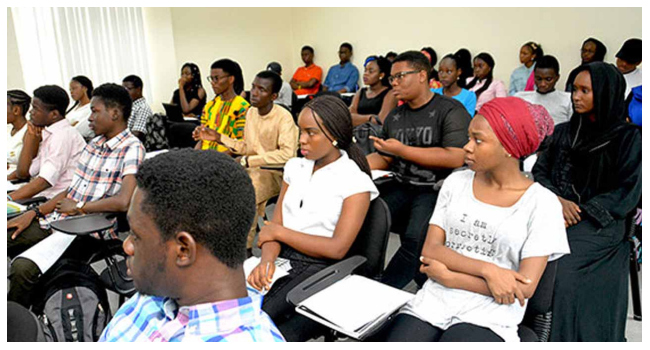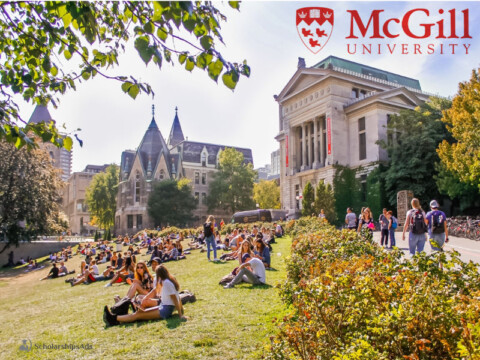The Nigerian Education Loan Fund (NELFUND) has seen a huge response since it opened its portal for student loan applications last Friday. More than 9.5 million students from federal tertiary institutions have visited the portal, and the fund has received over 6,000 formal applications for the loan.
During a press conference after the application launch, NELFUND Managing Director Akintunde Sawyerr shared that over 90 percent of federal tertiary institutions have already submitted their student data. Only about five institutions are yet to comply. Sawyerr also said they plan to extend the loan program to students in state-owned tertiary institutions within three weeks due to high demand. He urged state institutions to start submitting their student data to make the application process smooth.
On June 12, 2023, President Bola Tinubu signed the Access to Higher Education Act, 2023, into law. This law allows indigent students to access interest-free loans for their education in any Nigerian tertiary institution. It was part of Tinubu’s promise to increase education funding. The Act, known as the Students Loan Law, established the Nigerian Education Loan Fund to handle loan requests, disbursements, and recoveries.
Although the scheme was supposed to start in September, it faced delays, leading to an indefinite postponement in early March. The delays were because Tinubu wanted to include vocational skill loans. On January 22, after receiving a briefing from the NELFUND team led by Minister of State for Education Yusuf Sununu, Tinubu directed the fund to give interest-free loans to students in skill-development programs. Tinubu stressed that the scheme should help all young Nigerians, not just those pursuing traditional university education.
“This program is not only for future doctors, lawyers, and accountants,” Tinubu said. “It’s also for those who want to use their skills to contribute to our nation. So, I’ve asked NELFUND to consider all options for skill-development programs because not everyone wants a full university education.”





